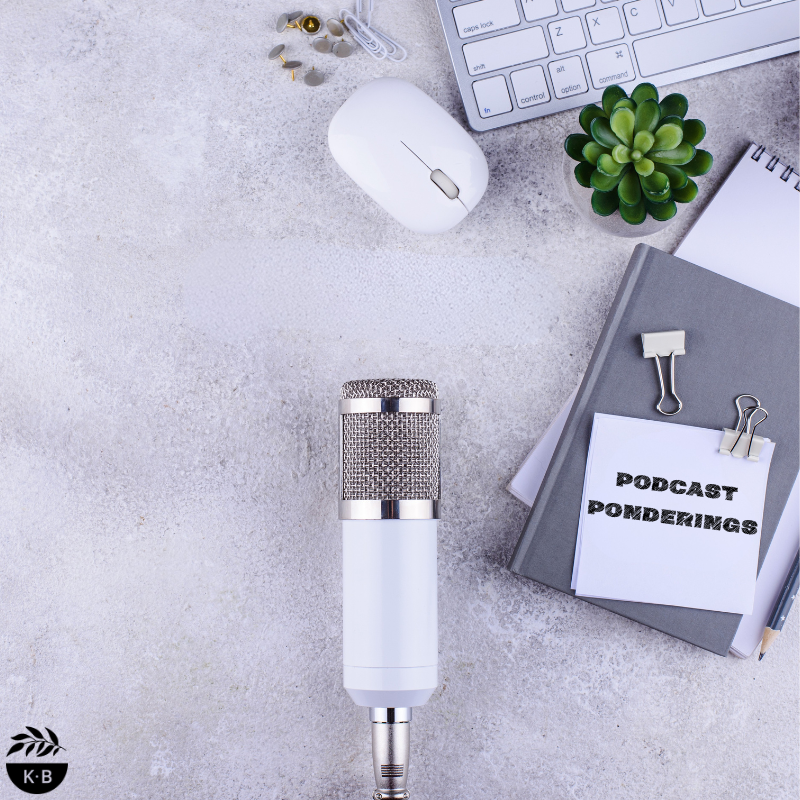 I recently listened to a brilliant podcast conversation between Dr Mindy Pelz and Jay Shetty. It took me three times as long to finish because I kept pausing to take notes for you 😂
I recently listened to a brilliant podcast conversation between Dr Mindy Pelz and Jay Shetty. It took me three times as long to finish because I kept pausing to take notes for you 😂
What do you think of when I say metabolic health? Is it a term you’ve heard of? How would you feel if I told you that most people today are struggling with some level of metabolic dysfunction (obesity, insulin resistance, prediabetes, hypertension, etc.) – and that toxins in skincare, cleaning products, the environment, processed food, and even stress all play a role?
That growing realisation is exactly what’s been driving my own deep dive into metabolic health. This episode felt like yet another nudge from the universe, confirming that the work I do, and the message I share, is more important than ever. While toxins in skincare and cleaning have always been at the heart of my messaging and my books, I’ve now chosen to incorporate food and metabolic health more actively into the conversation, because they are so deeply connected.
One thing that’s becoming clearer than ever is that we’ve all been quietly misled. Much of what we’ve been told to see as ‘normal’ – from food to personal care – is having a very real impact on our health. Just because something is sold in a supermarket, or because it has a much-loved celebrity behind the brand, doesn’t mean it’s safe or without consequences for our health.
Whether it’s industry, manufacturers, or government, it’s difficult to pinpoint exactly who’s to blame – but the issue must be addressed at a grassroots level.
Yes, there are factors beyond our direct control – like car pollution from the main road we walk along or mould in the air-conditioning at the local shopping centre. But ultimately, as consumers, we have both the ability and responsibility to take back control of our health, our choices, and where we spend our money. We hold the power when it comes to what goes on and in our bodies.
Let’s now focus on food, weight and metabolic health. It is a difficult subject because there is so much nuance to consider. Society is embracing body diversity more and more, which is a beautiful shift away from shame. Although, some food for thought (excuse the pun): are we also normalising something that isn’t always healthy? What are the implications of carrying excess weight? There’s no one-size-fits-all answer.
What most of us can agree on is this: a diet high in ultra-processed food, minimal movement, and limited time outdoors, is not ideal.
Back to the podcast – Dr Pelz’s core focus is women and hormonal health, and she makes it clear that we need to look at the big picture: what we eat, what we put on our skin, what we breathe in, and what we clean our homes with all play a role in how we feel and how our bodies function. At the end of the day, we all want to feel great – and we want our bodies working for us, not against us, right?
If you’ve ever felt like your health is out of sync despite doing ‘all the right things’, keep reading; the following information will no doubt be enlightening, albeit quite shocking.
A cortisol-saturated life
We’re living in what Dr Mindy calls a cortisol-saturated world. Constant pressure, mental overload, and our device-driven lives have left most of us in a state of chronic stress. Cortisol, our main stress hormone, is designed to get us moving (you know, see a tiger and get ready to run 🏃♀️). Yet many of us feel a constant state of stress, while we stay immobile – at desks, in cars, on couches … This is contributing to hormonal chaos, sleep disruption and stubborn weight.
The good news? We don’t need fancy fixes. Simple practices like walking, spending time in nature, laughing, and connecting with positive people help our bodies process stress in healthier ways.
Let’s look at environmental toxins and how they play a role in stress and health
We are living in the most toxic time in human history, and most of what contributes to our toxic load isn’t always obvious. We are unknowingly (or – knowingly but with a little cognitive dissonance at play maybe? 🤔) applying carcinogenic and endocrine-disrupting chemicals to our skin every single day.
Think deodorants, lip balms, moisturisers, perfumes. These products, marketed as safe and normal, often contain ingredients like parabens, phthalates, BPA and synthetic fragrances that interfere with hormones and contribute to fat storage. When our bodies can’t detoxify them, they get stored – often in belly fat, breast tissue or the liver.
And the same goes for cleaning products. We inhale them, we absorb them, and many of them are persistent in the environment and bioaccumulate. It all adds up. We weren’t designed to carry this level of toxic burden.
Obesogens: a hidden disruptor
Have you heard of obesogens? One of the most striking parts of the conversation was on this group of chemicals that don’t just affect hormones, they can actually reprogram stem cells to create fat instead of bone.
These include:
- BPA (found in the lining of cans, plastics, thermal receipts),
- Pesticides (fresh produce, gardens),
- BHT, BHA, artificial colours and preservatives (many, if not most, ultra-processed foods),
- Synthetic fragrances (found in perfumes, cosmetics, cleaning sprays, kids’ toys – in fact, it seems to be everywhere. I’ve written more about the sneaky places you will find fragrance hiding here).
Dr Pelz highlights that kids are already showing worrying signs linked to obesogens – they’re putting on weight earlier, and they’re not as tall as they used to be. Type 2 diabetes, a condition that used to be called ‘late-onset diabetes’ is becoming very common among children and adolescents.
And perhaps even more concerning – some of these chemicals hijack our taste buds and create food addictions. They make ultra-processed food harder to resist and trick us into blaming ourselves – when in reality, it’s a system that’s been working against us.
Side note, did you know there’s growing evidence that many processed foods are carefully designed to hit what’s known as the ‘bliss point’ – that perfect mix of sugar, salt and fat that keeps us coming back for more. It’s no accident. These foods are created to light up the brain’s reward system, making them incredibly hard to resist, and easy to overconsume.
What can we do?
Well, awareness is the starting point, and you’re here reading this, so you’re on the right track. But, the real change begins with action.
This isn’t about being perfect. It’s about being informed, and gently reducing your toxic load where you can. Here’s what we can do:
✨ Eat more real food – Focus on nourishing our bodies with whole, minimally-processed foods. We can choose high-quality proteins like free-range eggs, sustainably sourced fish, grass-fed meat and dairy, and include healthy fats from sources such as avocados, nuts and olive oil (avoid seed oils – but that’s a whole other blog 🤓). And aim to reduce refined carbohydrates like white bread, sugary snacks and cereals, sodas etc., which can negatively affect our metabolism and energy.
✨ Support our bodies with both good rest, sunshine and movement – Make sleep a priority to maximise reset and repair (we can control cravings a lot easier too when we’re well-rested). Spend time outdoors soaking up sunshine, which supports vitamin D production and mood. We can find ways to move that feel joyful and sustainable for you. (Hot tip: move after meals – your muscles will soak up any glucose floating around and that can brighten our mood!)
✨ Prioritise connection and community – Nurture meaningful relationships with friends, family and our broader communities. Real connection (not just online interaction) plays a vital role in reducing stress, supporting emotional resilience and boosting overall wellbeing. We’re not meant to do life alone – connection is part of the medicine.
✨ Reduce toxins gently and gradually – We don’t need to overhaul everything at once. Start with one small change at a time. Check the products we apply to our skin and swap out anything with harmful chemicals for cleaner alternatives. Do the same with your cleaning products and the home environment, aiming for natural and toxin-free options. Over time, these small steps add up to a big positive impact on our overall health.
This is exactly why I create the recipes and resources I do. Whether it’s DIY deodorant, a natural cleaning paste or a weed spray, it’s all part of supporting us to feel better, as naturally as possible.
The best place to start is right where you are. If you’re curious about diving into the world of natural DIY, this blog is a great place to begin: A Beginner’s Guide to Natural DIY.
It’s not a fringe idea anymore. It’s foundational. And we all deserve to feel good in our bodies – to thrive rather than just survive.
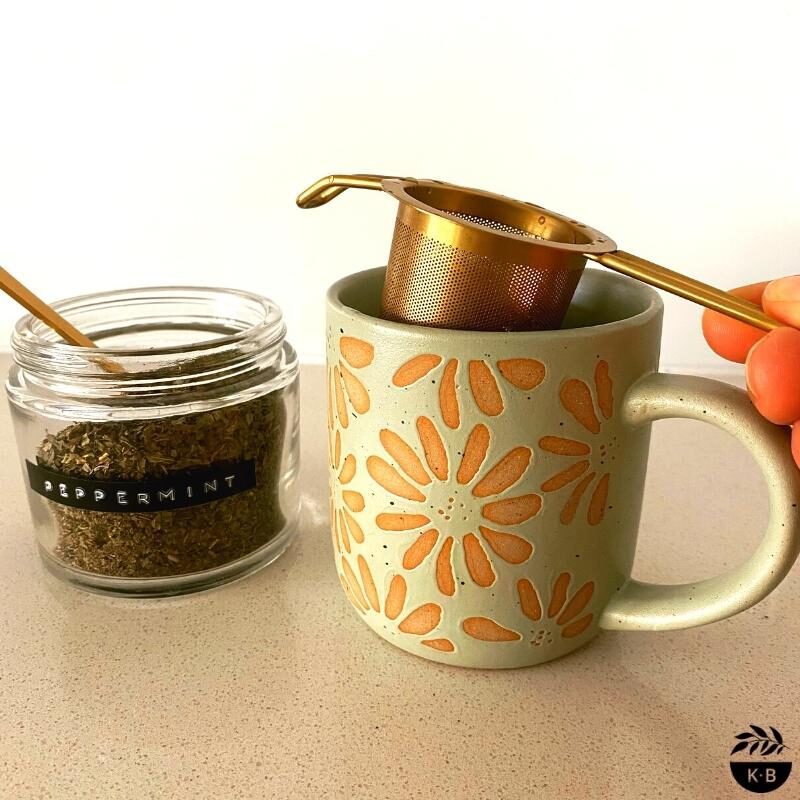
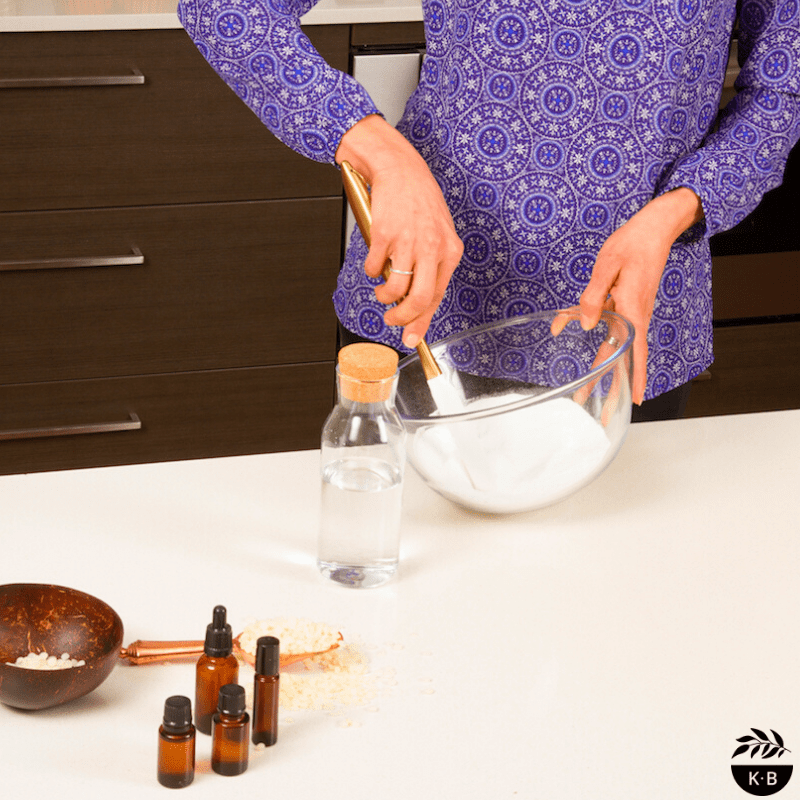
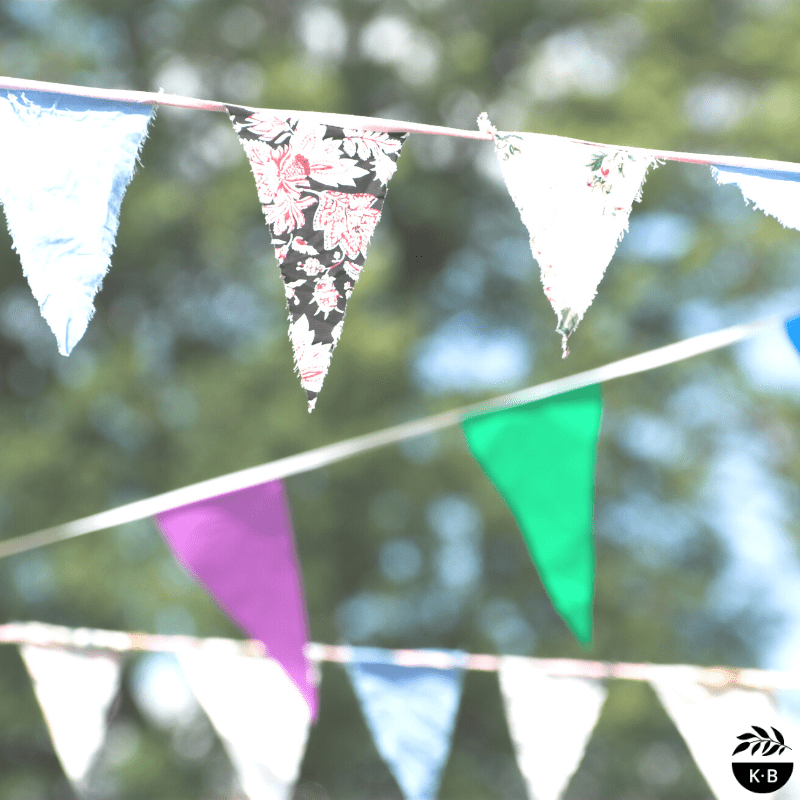
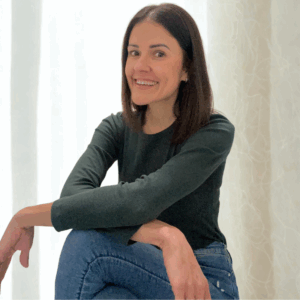
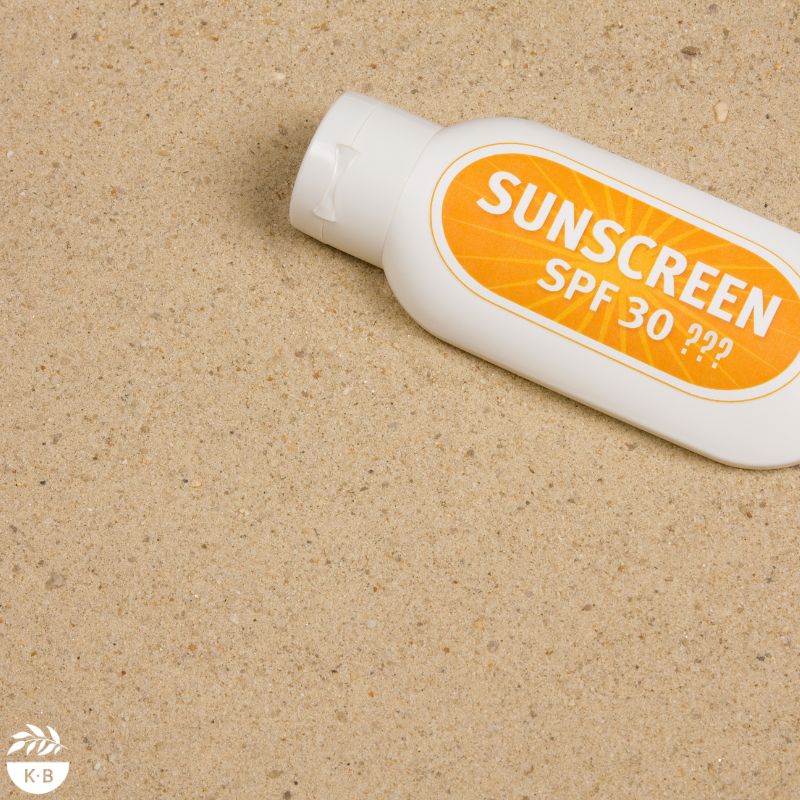
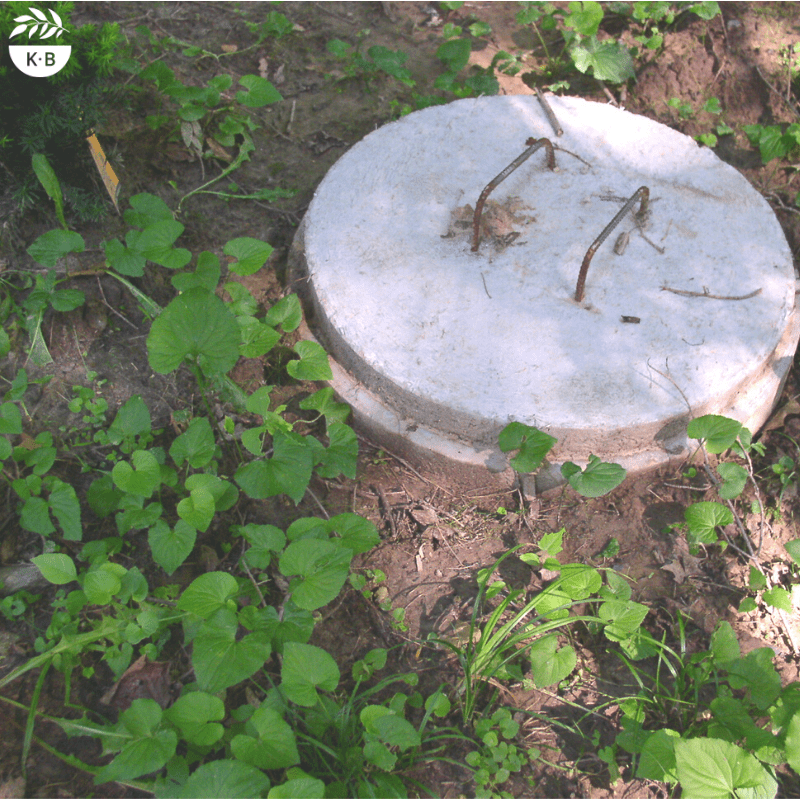
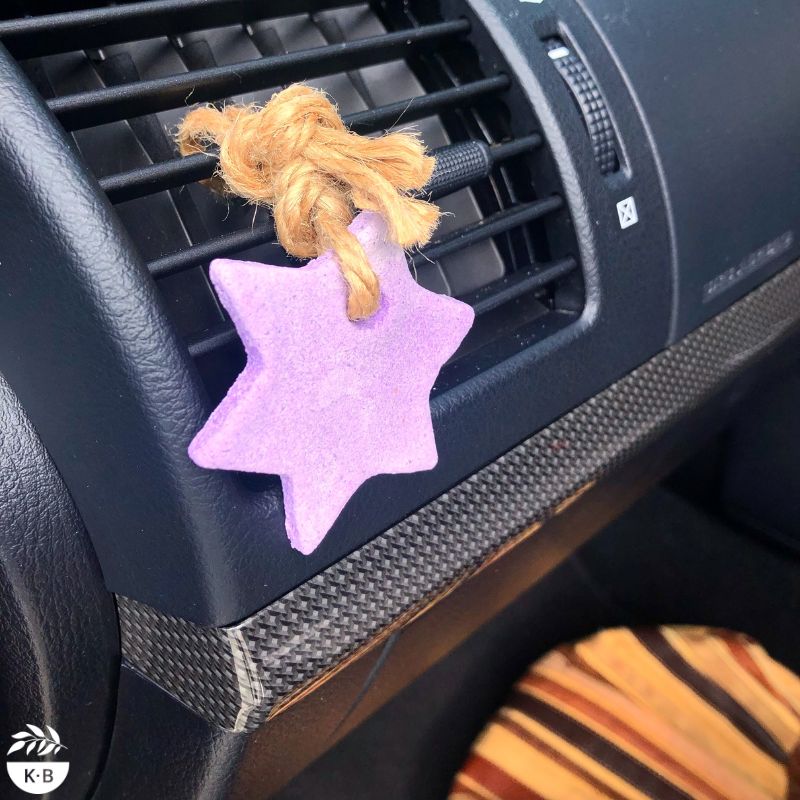
2 Comments
Thank you for sharing this information. I am so worried about the impact these harmful chemicals have on my adult children and grandchildren. I share things with them but it’s not always well received. The “bliss point” of highly processed foods has so much power. I get it. Living a healthier life is expensive, exhausting and time consuming. It’s like we’re being punished for opting for a cleaner diet. It should be the other way around. I still haven’t listened to that podcast so I will try and do that this weekend. Thank you for all this advice. 🩷
Sounds like you’re so aware and doing a great job of gently nudging your own family, even if it feels like an uphill battle at times. If only people realised that the real expense, exhaustion and effort will come later in life when youth is no longer on our side and metabolic dysfunction sets in. If only the govt. stepped up – banned fast-food ads from the radio and on freeways, banned nasty additives and preservatives, incentivised/prioritised good, nutrient-rich foods in schools (as a start)… Ahhh – long way to go but every person that wakes up and makes positive changes is another step in the right direction for the collective. Thanks for your feedback Toni 💞